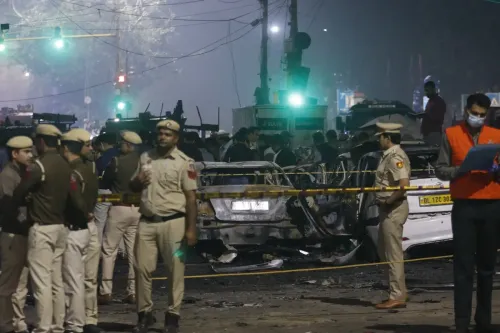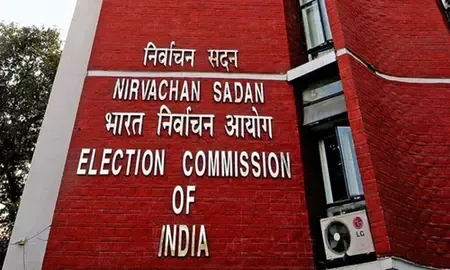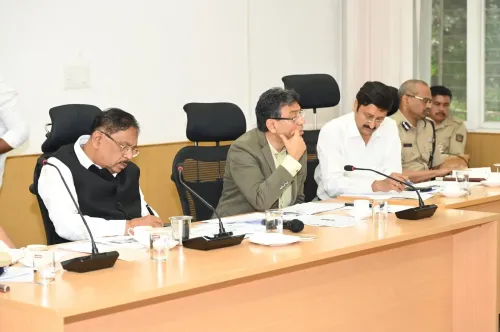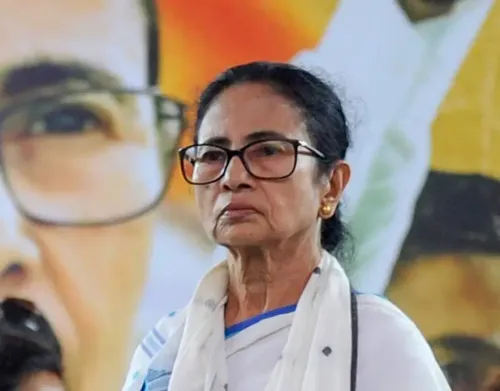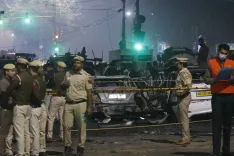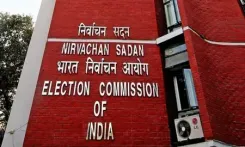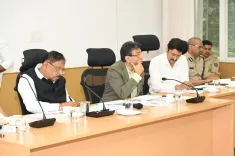What Consensus Was Achieved on 20 Key Issues at the Eastern Zonal Council Meet in Ranchi?
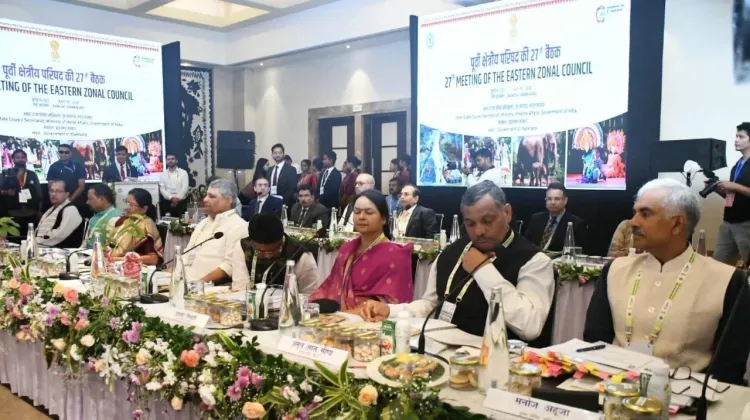
Synopsis
Key Takeaways
- Consensus on 20 crucial issues impacting eastern states.
- Commitment from the Centre for inclusive development.
- Focus on regional development and resource sharing.
- Addressing flood management and financial infrastructure.
- Collaboration among Jharkhand, Bihar, West Bengal, and Odisha is essential for growth.
Ranchi, July 10 (NationPress) A significant agreement was achieved on 20 essential issues affecting Jharkhand, Bihar, West Bengal, and Odisha during the 27th meeting of the Eastern Zonal Council in Ranchi on Thursday.
Union Home Minister Amit Shah, who presided over the meeting, assured the states of the Centre's commitment to providing all possible support for their inclusive development efforts.
The session, which took place at Hotel Radisson Blu, was attended by senior ministers and officials from the four eastern states.
Shah emphasized the Centre's readiness to address state-specific requests and foster coordinated actions on matters like regional development, resource sharing, crime prevention, and welfare initiatives.
Jharkhand Chief Minister Hemant Soren presented 31 demands on behalf of his state, focusing on development, social justice, and regional fairness. Key demands included the inclusion of the Damodar River in the Namami Gange project, initiating a metro rail project in Ranchi, and safeguarding tribal cultural heritage.
Soren also sought the immediate release of Jharkhand's outstanding dues of Rs 1.40 lakh crore from coal companies and stressed the importance of safely closing depleted mines in the state.
Bihar Deputy Chief Minister Samrat Choudhary pointed out the state’s persistent flood issues, advocating for a comprehensive silt management policy to tackle problems caused by sedimentation in rivers like the Ganga and Kosi.
He also announced a consensus on water sharing from the Son River as per the Indrapuri Reservoir and Bansagar Agreement—allocating 5.75 MAF (million acre-feet) to Bihar and 2.00 MAF to Jharkhand.
Choudhary urged the Centre to cover 100% of the expenses for anti-erosion measures along the Bihar-West Bengal boundary and demanded an uninterrupted flow of the Ganga through the Farakka Barrage.
He further stressed the necessity for a cooperative inter-state water management strategy involving the Ganga and rivers flowing from Nepal.
Odisha Chief Minister Mohan Charan Majhi highlighted the absence of financial infrastructure in rural areas. He informed the Council that only 2,421 of the state’s 6,794 gram panchayats have bank branches, urging the Centre to expand branch presence and enhance internet connectivity in the remaining 4,373 panchayats.
Representing West Bengal, Minister of State for Finance (Independent Charge) Chandrima Bhattacharya called for stringent national legislation to regulate incendiary and misleading content on social media. She also raised concerns regarding delayed fund disbursements under centrally sponsored schemes, pressing for the timely release of funds owed to the state.

